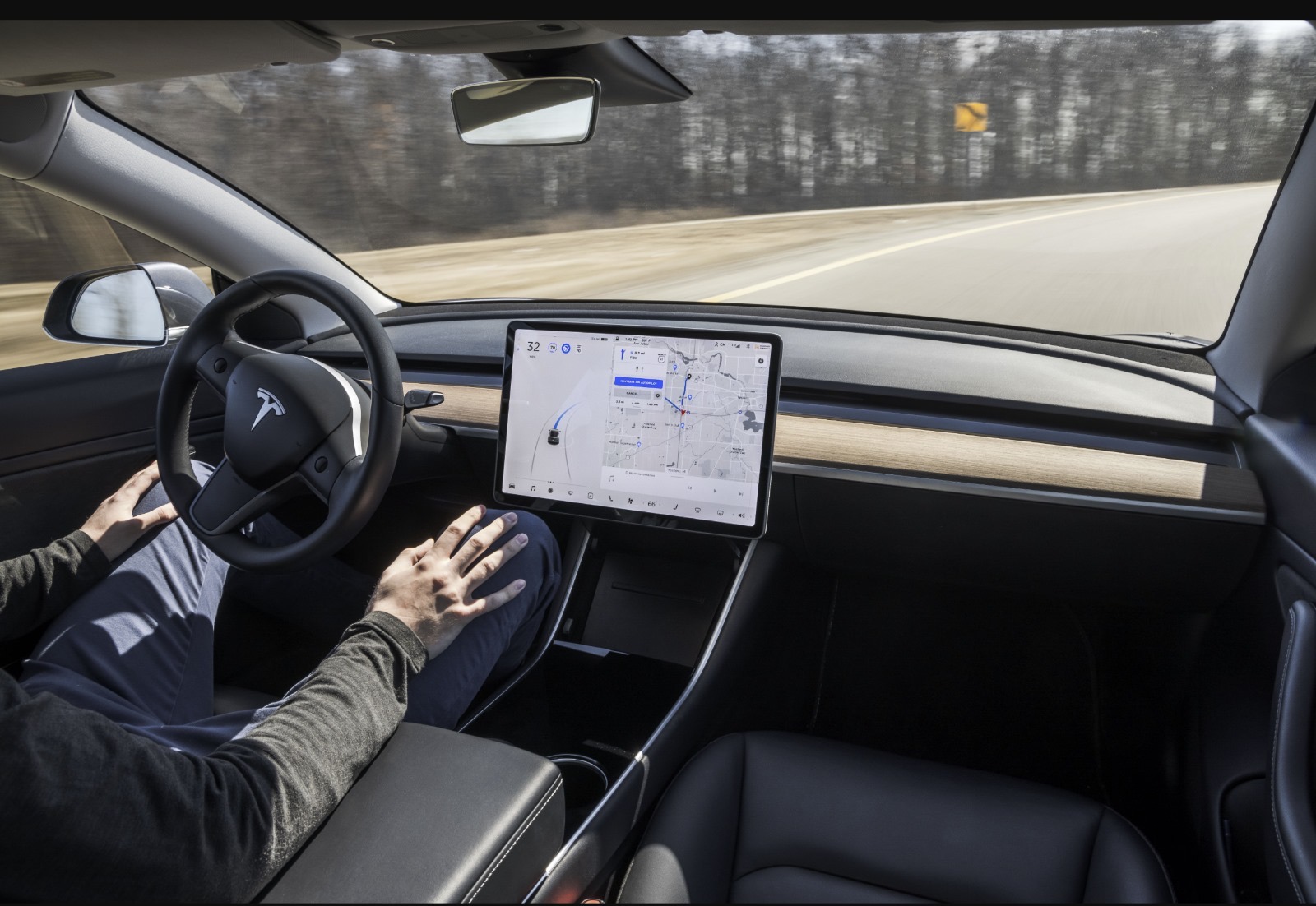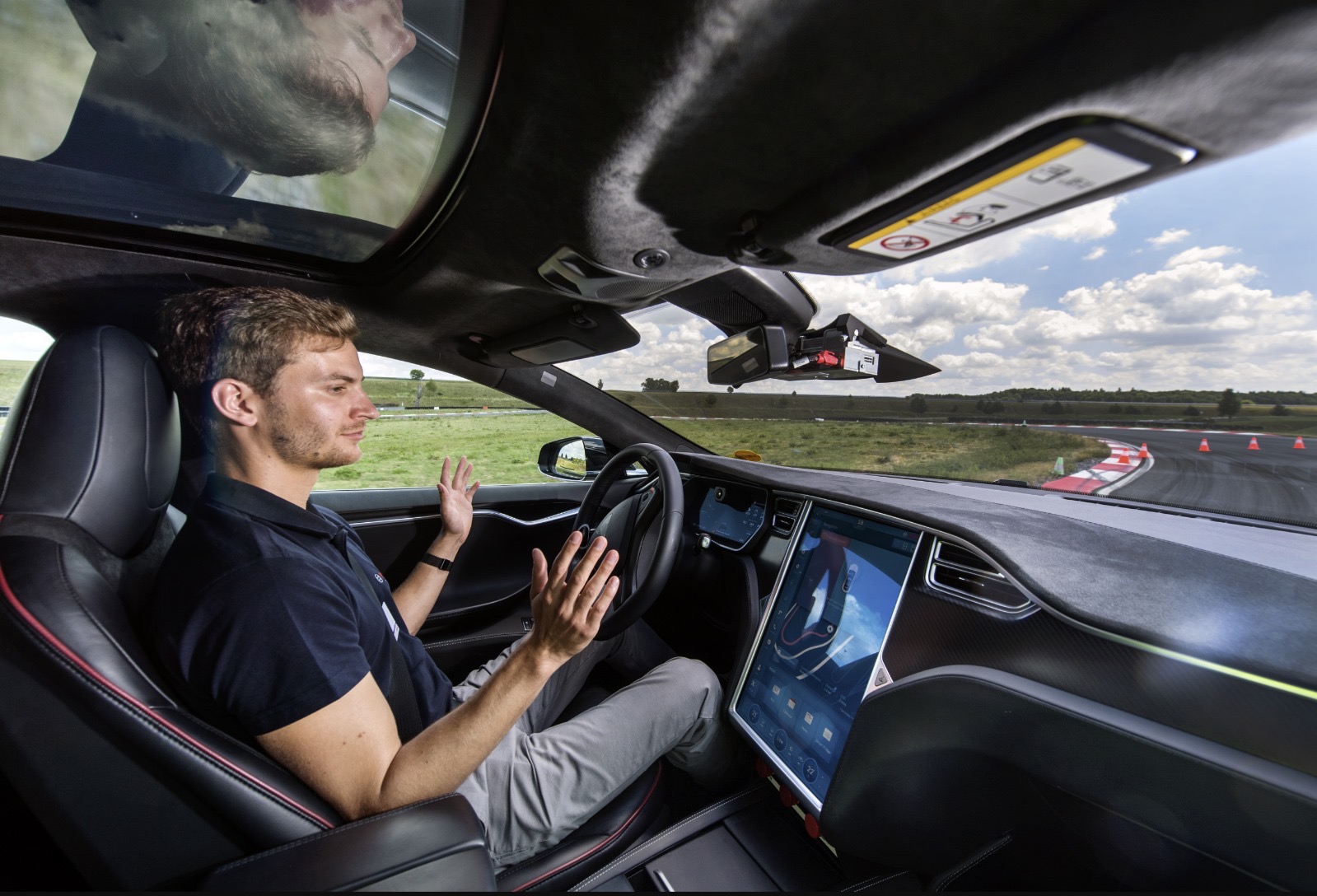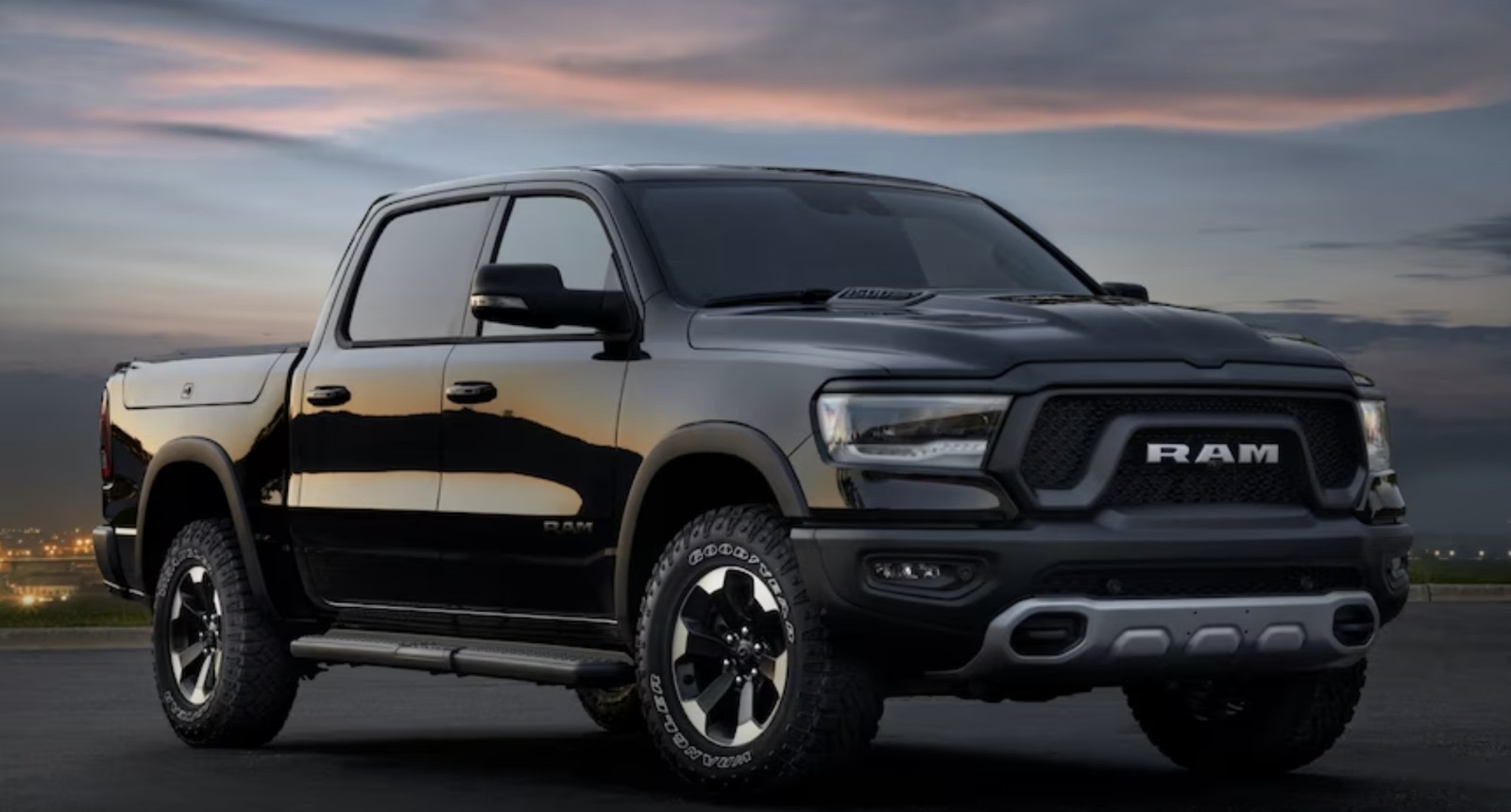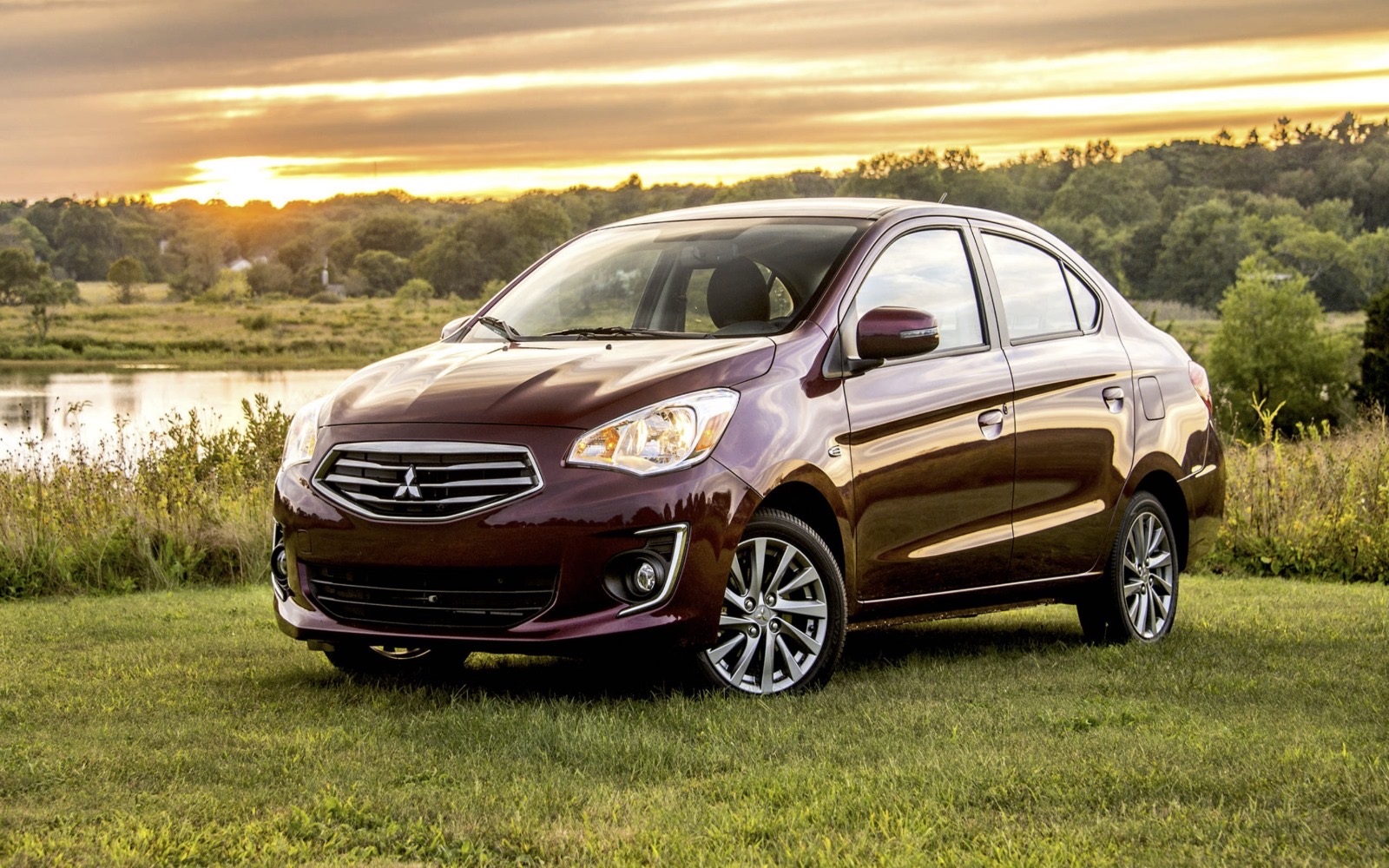A new survey from LendingTree, the online loan comparison service, looked at accident rates of 30 auto brands and found that the brand with the most accidents per 1,000 drivers was Tesla.

Other brands high on the list of accidents per 1,000 drivers were Dodge Ram and Subaru. When it came to driving incidents, a category that includes accidents, driving under the influence, speeding, and traffic citations, Dodge Ram drivers were the worst.
And when it came to Driving Under the Influence by itself, BMW drivers topped the list. By two to one.
But should you trust these LendingTree rankings? The Insurance Institute for Highway Safety says the opposite. It lists the Mitsubishi Mirage G4, the Mitsubishi Mirage hatchback, the Dodge Challenger 2WD, the Hyundai Accent, and the Chevrolet Spark as the five “most deadly cars on the road.”
Tesla does not even appear in the deadly car top ten.

What’s more, the Insurance Institute for Highway Safety rates the 2023 Tesla Model Y 4-door SUV as one of the Institute’s Top Safety Picks.
The LendingTree survey comes just one week after another blow to Tesla. Last week, Tesla was forced to make software updates to two million cars. And the media slandered this over-the-air software update by naming it what it wasn’t, a car “recall.” Why?
In the space industry, where I run two groups of high level professionals, it is said that the current administration is out to get Elon Musk. For example, in August, 2021, the White House put together a major event to celebrate electric cars. The President spotlighted General Motors, Ford, and Stellantis.
But he didn’t even invite the one man who was selling more electric cars in the USA than all these other companies combined: Tesla.
And the same month that the White House had its electric vehicle event snubbing Tesla, the National Highway Traffic Safety Administration began an investigation into Tesla’s safety.
That investigation was triggered by sixteen accidents in which Teslas on autopilot had plowed into emergency vehicles stopped at crash scenes or had smashed into highway repair vehicles. Fifteen people had been injured and one person had been killed.
The autopilot had identified the emergency vehicles as collision obstacles and had activated the brakes, but much too late. Roughly five seconds too late. And the drivers had apparently not been paying enough attention to hit the brakes themselves. Despite an elaborate Tesla software safety system designed to make sure that drivers are awake and paying attention to the road.
After two years of probing, the National Highway Traffic Safety Administration came up with a series of suggestions for modifications in Tesla’s driver-alert technology. Other companies install cameras near the rearview mirror or on the dashboard to watch the eyes of drivers. The cameras can tell if the drivers are awake and paying attention to the road.
But Elon Musk has his own unique sense of how to design things. A sense that usually proves true. So Tesla refused to install the cameras.
The National Highway Traffic Safety Administration officials apparently wrangled with Tesla for a year trying to get the company to do things their way. And the Administration officials failed. So they finally gave in to a compromise. Tesla would do a software update for two million vehicles to upgrade the driver-alert functions of the Tesla autopilot software.

But is the Tesla safety record better than the LendingTree and National Highway Traffic Safety Administration reports would have you believe? Says Cleantechnica.com, there are “35,000 traffic deaths on US roads due to human error“ per year. Continues CleanTechnica, “the mainstream media…would have you believe that 94% of these are due to Elon Musk.” But in fact, explains CleanTechnica, Tesla has a “safety obsession.”
Tesla is the only company to voluntarily publish safety reports on its website. And to gamify them. To motivate itself to constantly go for higher safety scores.
What do those safety reports reveal?
Tesla cars driven without autopilot have a mere one accident per 1.4 million miles driven. Teslas with autopilot on are four times safer. They have only one accident every 4.85 million miles.
Is Tesla much, much safer than some would like you to believe? If you are buying a car, that answer will be up to you.
References:
https://www.lendingtree.com/insurance/brand-incidents-study/
https://static.nhtsa.gov/odi/inv/2023/INOA-PE23014-4415.PDF
https://www.tesla.com/VehicleSafetyReport
https://www.tesla.com/support/safety-score
https://www.foxbusiness.com/markets/tesla-drivers-have-highest-accident-rate-study-says
https://insideevs.com/news/656650/tesla-safety-autopilot-crash-2022q4/
https://insideevs.com/news/590634/tesla-fsd-beta-91-safety-score/.
https://insideevs.com/news/542185/tesla-insurance-safety-score-details/
https://www.makeuseof.com/what-is-the-tesla-safety-score/
https://cleantechnica.com/2021/12/07/tesla-1-crash-per-4-41-million-miles-traveled-on-autopilot/.
https://qz.com/if-you-rode-in-a-tesla-in-2023-you-had-the-highest-acc-1851113998
https://qz.com/tesla-recalls-nearly-all-vehicles-sold-in-us-to-fix-sys-1851095160
https://insideevs.com/news/542185/tesla-insurance-safety-score-details/
______
Howard Bloom of the Howard Bloom Institute has been called the Einstein, Newton, and Freud of the 21st century by Britain’s Channel 4 TV. One of his seven books–Global Brain—was the subject of a symposium thrown by the Office of the Secretary of Defense including representatives from the State Department, the Energy Department, DARPA, IBM, and MIT. His work has been published in The Washington Post, The Wall Street Journal, Wired, Psychology Today, and the Scientific American. He does news commentary at 1:06 am Eastern Time every Wednesday night on 545 radio stations on Coast to Coast AM. For more, see http://howardbloom.institute.
